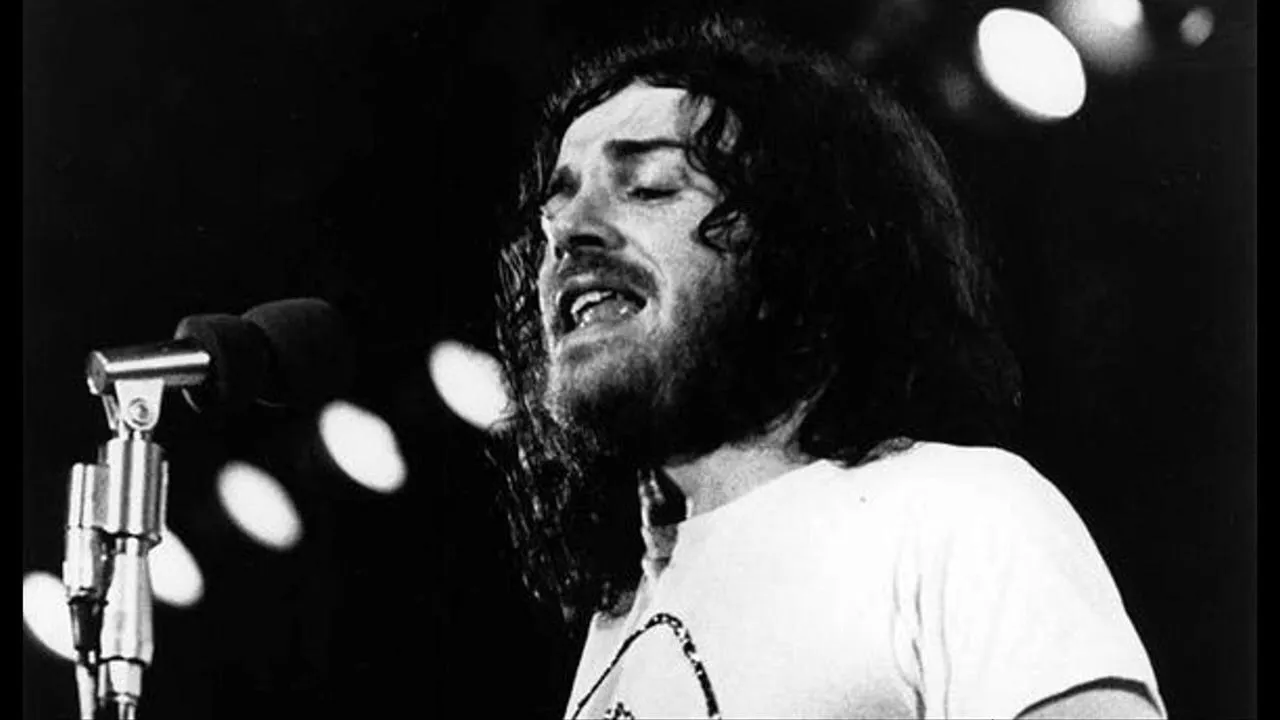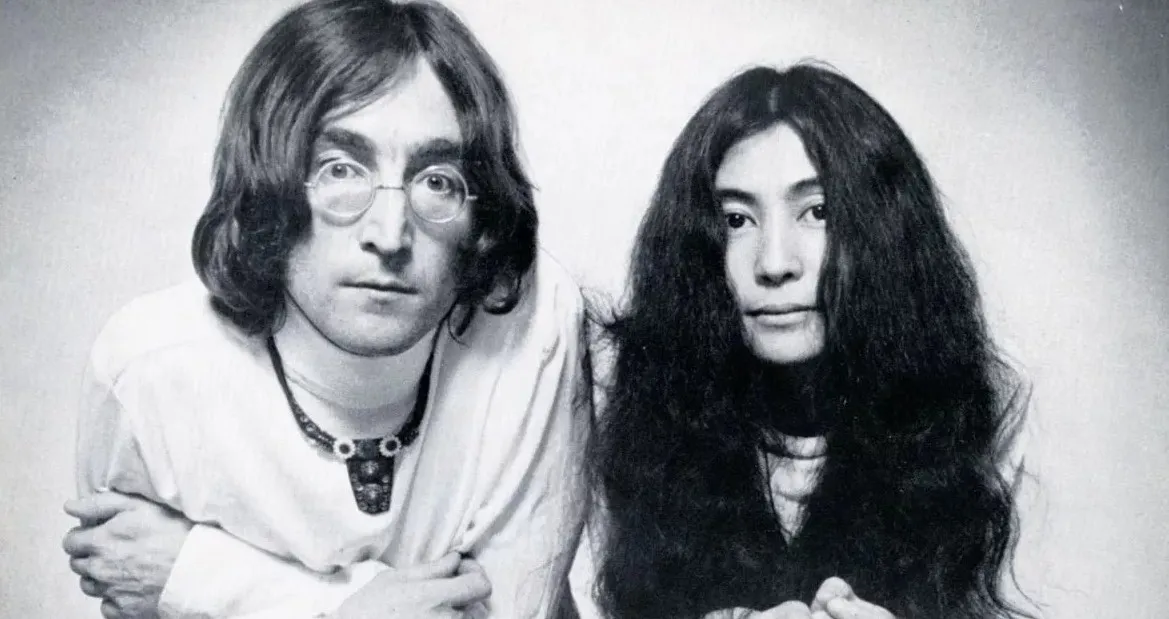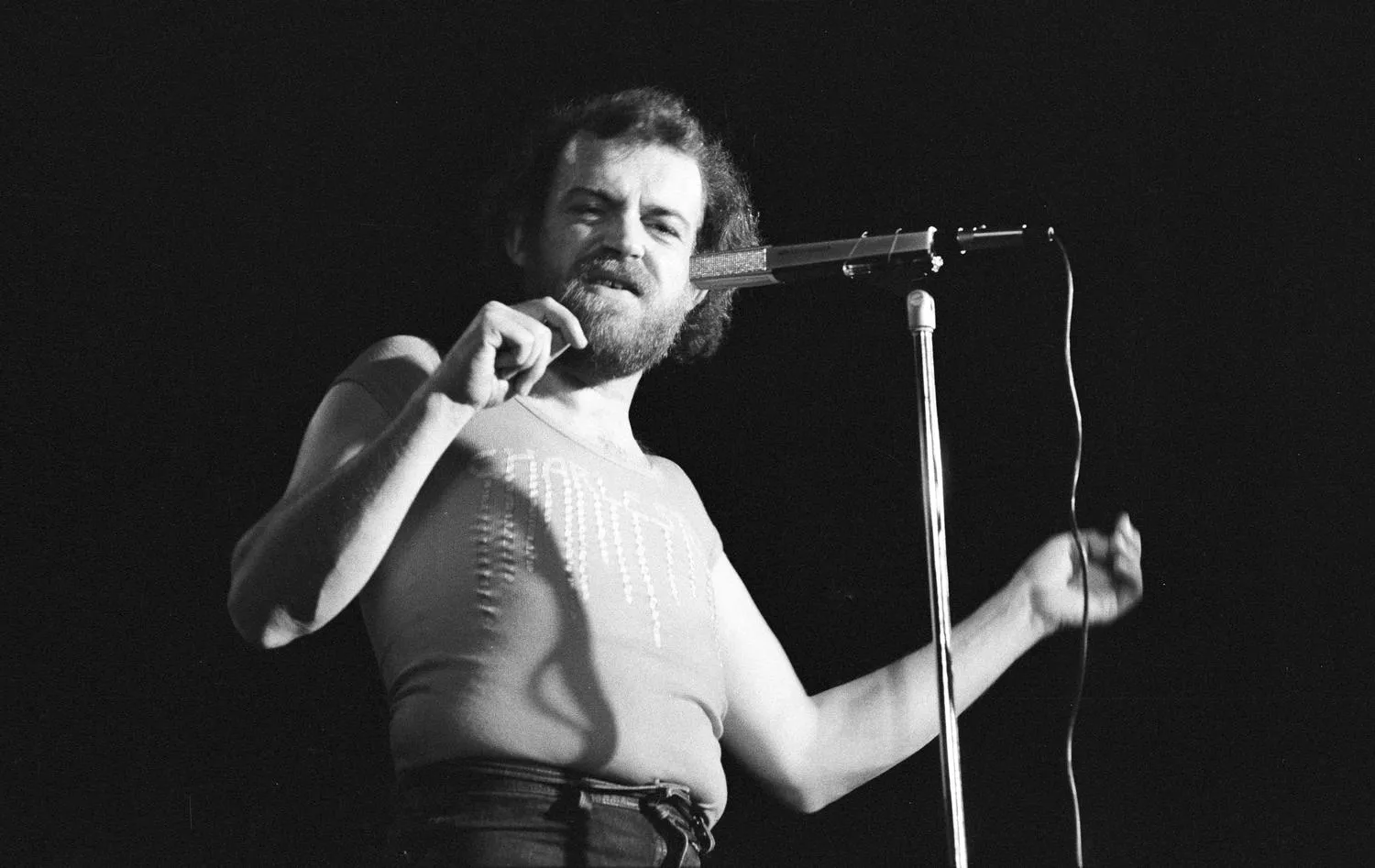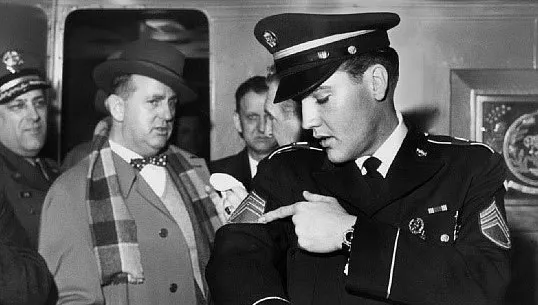On February 7, 1964, a Pan Am flight from London Heathrow touched down at John F. Kennedy International Airport in New York City. Aboard were four young men whose names would soon be etched into the annals of music history: John Lennon, Paul McCartney, George Harrison, and Ringo Starr—The Beatles. This was the day that marked the beginning of what would become known as "The Beatles Invasion," a cultural phenomenon that transformed not just the American music scene, but also the world at large. The Beatles' conquest of America was a pivotal moment in pop culture, and their arrival in New York set off a chain of events that would forever change the landscape of music.
The Build-Up to the Beatles Invasion

Before The Beatles set foot on American soil, they were already creating waves across the Atlantic. In their home country of England, they were a sensation, with a string of chart-topping hits and a rapidly growing fanbase. Songs like "Please Please Me," "She Loves You," and "I Want to Hold Your Hand" had catapulted them to stardom in the UK, but America was a different story.
The American music market was notoriously difficult to crack for British artists, and early attempts to introduce The Beatles to the U.S. audience were met with lukewarm responses. Capitol Records, their American label, was initially hesitant to promote The Beatles, believing that their sound wouldn't resonate with American listeners. However, the tide began to turn in late 1963 when "I Want to Hold Your Hand" started gaining traction on American radio stations.
The breakthrough came when Ed Sullivan, the host of the immensely popular television show "The Ed Sullivan Show," witnessed the hysteria surrounding The Beatles during a trip to London. Recognizing their potential, Sullivan booked The Beatles for three consecutive appearances on his show, a move that would prove to be a masterstroke in launching their American career.
February 7, 1964: The Beatles Land in America

When The Beatles arrived at JFK Airport on February 7, 1964, they were greeted by a scene of pandemonium. An estimated 3,000 screaming fans had gathered to catch a glimpse of the band, holding signs, chanting their names, and creating an atmosphere of sheer hysteria. The Beatles themselves were taken aback by the scale of the reception, having never experienced anything quite like it.
The iconic images of The Beatles stepping off the plane, dressed in their trademark suits and mop-top haircuts, would become symbolic of the cultural shift they were about to unleash. The press conference that followed was equally memorable, with the band charming the media with their quick wit, humor, and down-to-earth personalities. It was clear that The Beatles were not just a musical group; they were a cultural phenomenon.
February 9, 1964: The Ed Sullivan Show
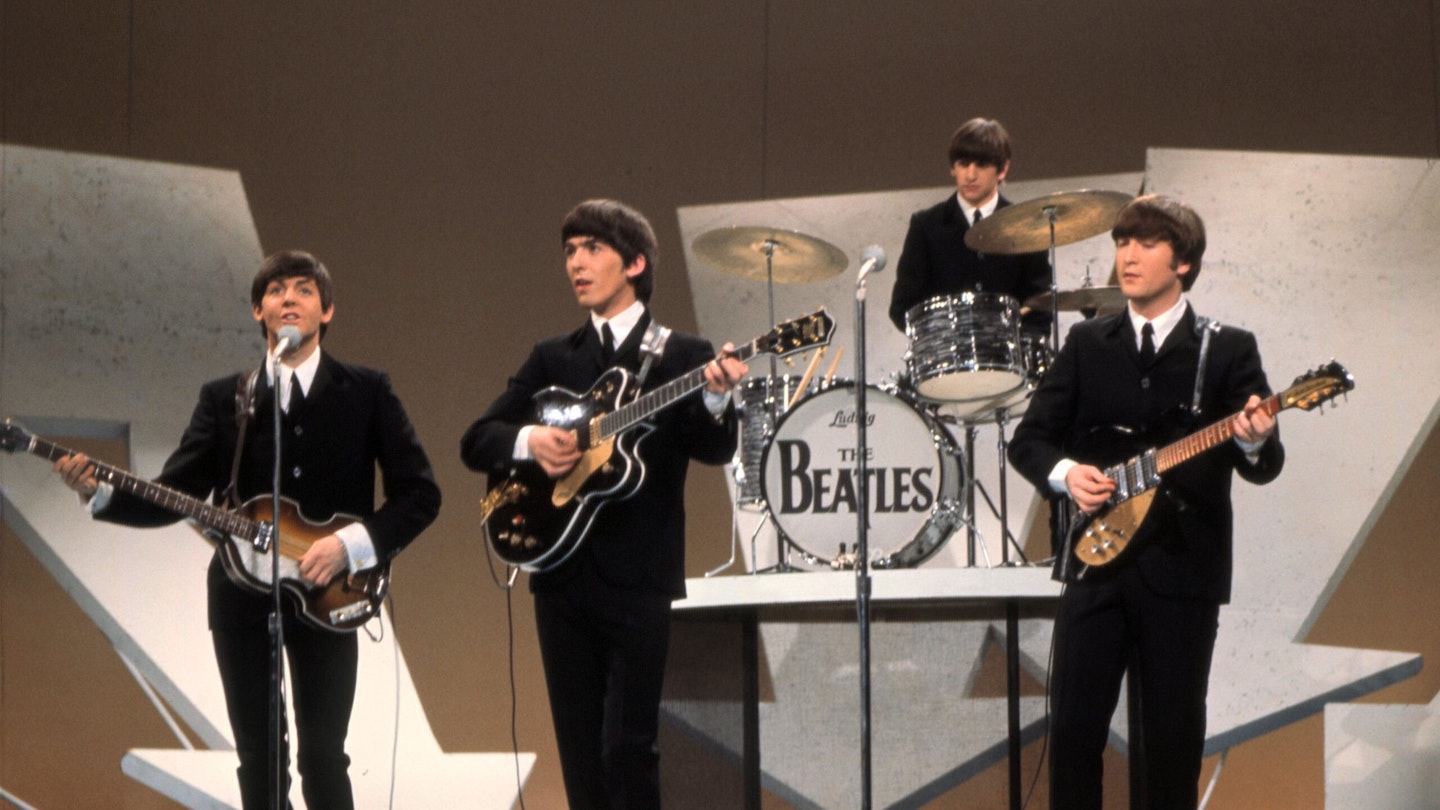
Two nights after their arrival, on February 9, 1964, The Beatles made their live U.S. television debut on "The Ed Sullivan Show." This moment is often regarded as the official start of "The Beatles Invasion." An estimated 73 million people—about 40% of the U.S. population at the time—tuned in to watch the performance, making it one of the most-watched television events in history.
The Beatles performed five songs that night: "All My Loving," "Till There Was You," "She Loves You," "I Saw Her Standing There," and "I Want to Hold Your Hand." The energy of the performance, combined with the band's undeniable charisma, captivated the audience. Young viewers were particularly enthralled, and Beatlemania, which had already taken hold in the UK, spread like wildfire across the United States.
The impact of that single appearance cannot be overstated. The Beatles' performance on "The Ed Sullivan Show" marked a turning point in American pop culture. The band became overnight sensations, and their music began dominating the American charts. It was the beginning of a cultural revolution that would influence music, fashion, and social attitudes for years to come.
The Aftermath: Beatlemania Takes Hold
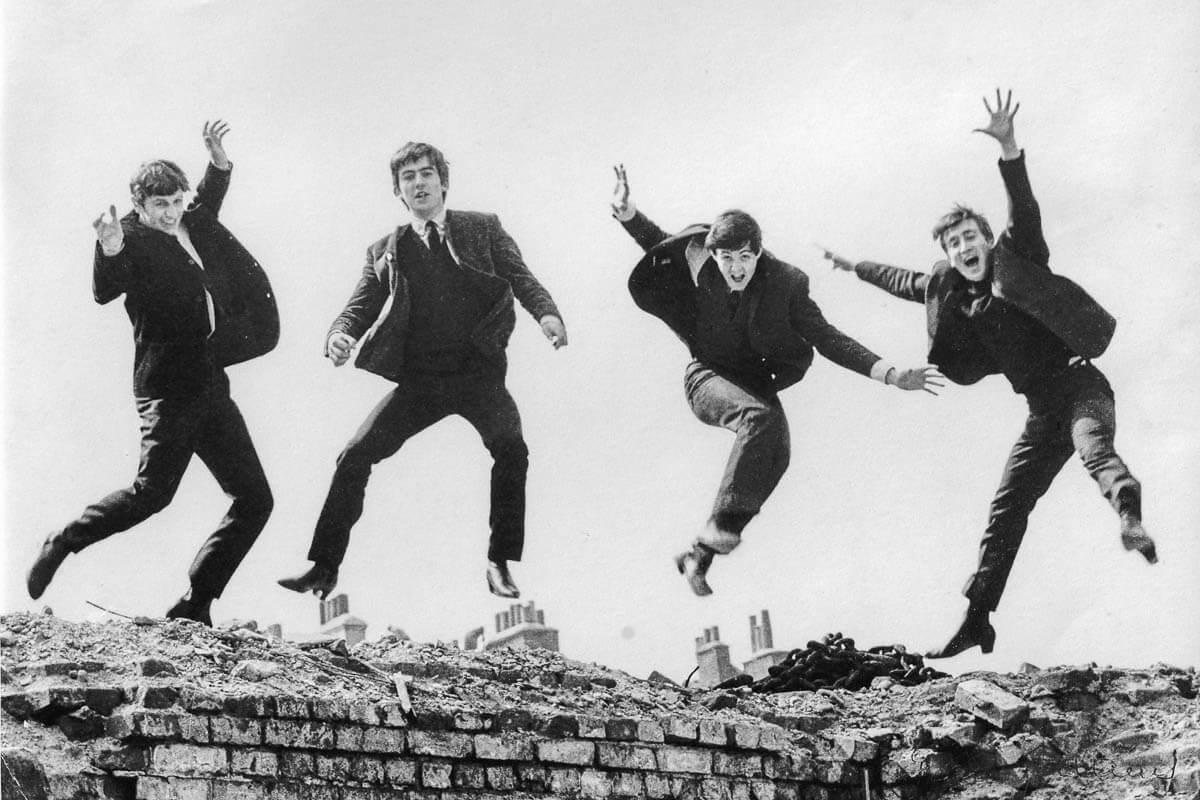
In the weeks and months following their Ed Sullivan appearance, The Beatles' popularity in America soared to unprecedented heights. Their records began selling in the millions, and they quickly became the biggest band in the world. Beatlemania, as the phenomenon was dubbed, took over the country. Teenage fans, especially young girls, were obsessed with The Beatles, buying their records, attending their concerts, and covering their walls with posters of the Fab Four.
The Beatles went on to tour the United States, playing to sold-out arenas and stadiums. Their influence was not just limited to music; they became cultural icons, representing a new era of youth empowerment and rebellion. Their style, with their matching suits, distinctive haircuts, and British accents, became the epitome of cool.
But The Beatles Invasion was more than just a fleeting craze. It had a lasting impact on American culture and the global music industry. The success of The Beatles opened the doors for other British bands to break into the American market, leading to what became known as the "British Invasion." Bands like The Rolling Stones, The Who, and The Kinks followed in The Beatles' footsteps, bringing with them a new sound that would redefine rock and roll.
The Beatles Invasion: A Cultural Revolution

The Beatles Invasion was not just about music; it was a cultural revolution. The band's arrival in America coincided with a period of significant social change. The early 1960s were a time of political and cultural upheaval, with the civil rights movement, the Vietnam War, and the counterculture movement all coming to the forefront. The Beatles, with their message of love, peace, and rebellion against the status quo, resonated deeply with the youth of the time.
Their music became the soundtrack of a generation, with songs like "A Hard Day's Night," "Help!," and "Yesterday" capturing the spirit of the 1960s. The Beatles also challenged traditional norms and values, both through their music and their public personas. They were seen as rebels, but unlike the aggressive rock and rollers of the previous decade, The Beatles' rebellion was more subtle, laced with wit, charm, and a genuine sense of fun.
The Beatles' influence extended beyond music and into other areas of culture. They had a profound impact on fashion, popularizing the "mod" look with their sharp suits and Chelsea boots. They also influenced the way young people thought about issues like war, love, and freedom, with their songs often carrying deeper messages than the typical pop fare of the time.
The Legacy of The Beatles Invasion

The Beatles Invasion of 1964 was a pivotal moment in the history of popular music and culture. It marked the beginning of The Beatles' domination of the global music scene and their emergence as cultural icons. The impact of The Beatles Invasion is still felt today, with The Beatles' music continuing to influence artists across genres and generations.
The Beatles Invasion also set the stage for the globalization of pop culture. The band's success in America demonstrated the power of music to transcend national boundaries and cultural differences. It paved the way for future generations of artists to find success on a global scale, and it helped to create a more interconnected world where cultural exchange could flourish.
The Beatles Invasion was more than just a moment in music history; it was a cultural watershed that reshaped the world. The Beatles conquered America with their music, but they also brought with them a message of love, peace, and creativity that resonated with millions. Their arrival in New York on February 7, 1964, and their subsequent performance on "The Ed Sullivan Show" marked the beginning of a new era, one in which music and culture would never be the same. The Beatles Invasion remains one of the most significant events in the history of popular culture, and its legacy continues to inspire and influence to this day.
